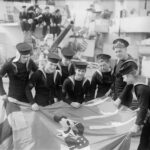
In terms of the latter, the Western Allies had 3,724,927 men in Northwest Europe thus giving them a force of 73 divisions. The Allies also possessed over 17,500 assorted combat aircraft in Britain, France and the Low Countries. Finally and perhaps equally important, the Allies now possessed the logistical means to utilise this force to its full potential. Against this was a German army that was still sizable in numbers, due to the call-up of civilian reserves, but increasingly hollow in terms of its combat effectiveness and resolve.
The situation was much the same for the Luftwaffe. Finally, Germany’s industrial base was rapidly collapsing as relentless Allied bombing and an ever-tightening blockade severely degraded its ability to logistically support the armed forces.
Given these events on the ground at this late stage in the war, observers might reasonably conclude that the concurrent maritime struggle was of little consequence.
By any measure, maritime power had been absolutely essential in propelling the Allies to this point, but with their armies now positioned on the outskirts of Germany itself, was this maritime contribution still relevant? In at least one vital respect, the answer to this was a resounding yes. In November 1944 the Western Allies required the intake of two million tons of supplies per month to support their forces in Northwest Europe.
By April 1945 this monthly requirement was expected to increase to over three million tons. Other than a negligible amount that was flown in by air or pumped in via Pluto pipelines, the vast majority of these supplies had to arrive by sea. Thus, while the means of victory in Europe now clearly rested with the ground forces, this was only possible through the continued support of the Allied navies and merchant marines.
For their part, the corresponding German task in this ongoing maritime struggle was to cause as much disruption to the Allied logistical effort as possible. By this stage in the war Germany clearly lacked the means to fully sever or even substantially disrupt this flow of maritime traffic, but even a partial disruption to the Allied logistical network could have meaningful ramifications on the battlefield.
Likewise, any successes attained at sea reduced the burden shouldered by the German army. Grand Admiral Karl Dönitz articulated this latter point by stating, ‘… every ship, laden with war material and bound for France or for the Scheldt estuary, which we could sink under the English coast, lightened the burden of our struggle ashore.’
Therefore, the German Kriegsmarine (navy) continued its anti-shipping efforts into the new year. The key component in this was an ongoing U-boat offensive against Allied shipping traversing the waters around Britain. In this, the Germans took solace in the belief that snorkel-equipped U-boats could now operate in Britain’s well-defended coastal waters without undue loss. This conclusion was bolstered by the fact that only 11 of the 61 U-boats lost in the previous four months were sunk in these coastal waters.
Likewise, the first of the new Type XXI and Type XXXIII electro-boats were almost ready for operational use. For their part, the British were well aware of the pending arrival of the new electro-boats as well as the improved survivability of the older models. To counter this, the Admiralty persuaded the Chiefs of Staff to increase bombing raids against the U-boat production facilities. They also intensified minelaying activities in both the Baltic and the approaches to the U-boat patrol areas. By delaying the departure of resources to the Pacific as well as other measures, the British substantially increased their home defences, which at the beginning of January included 426 assorted destroyers, frigates, sloops and corvettes as well as 420 anti-submarine aircraft. Finally, the Allies accelerated the operational deployment of 3-centimetre radar, which improved their ability to locate snorkel masts.
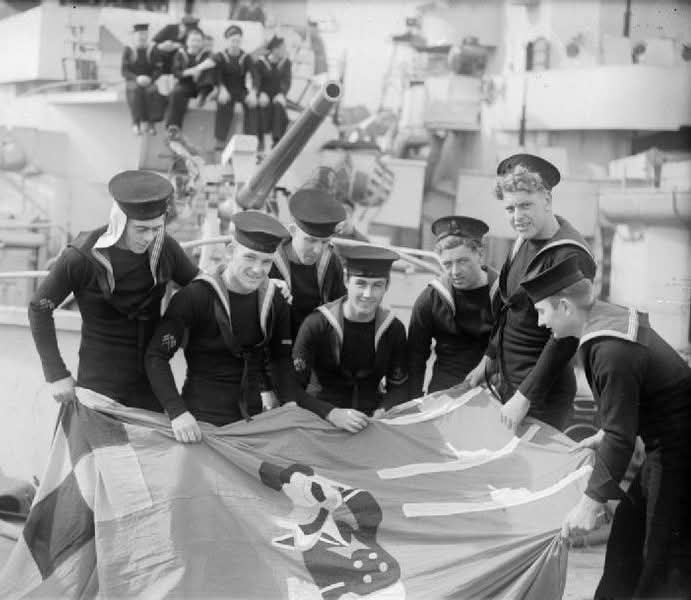
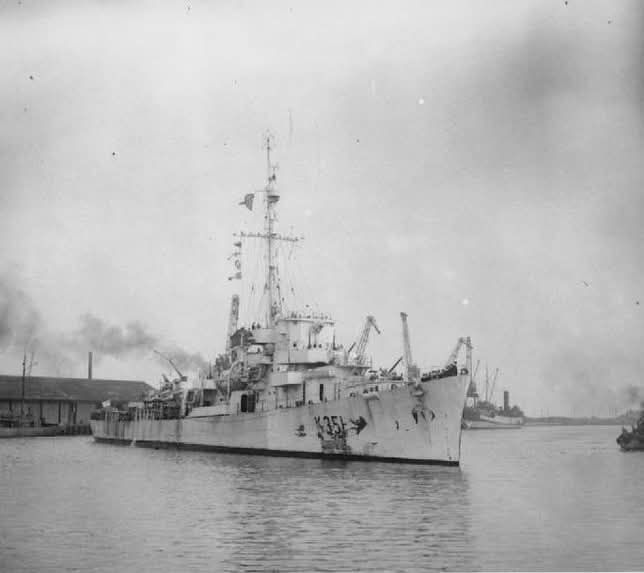
As it turned out, events proved this German optimism and British concern to be substantially overblown. In the first three months of 1945 the Germans dispatched 78 U-boats (including the first of the new Type XXIII electro-boats) on offensive patrols around Britain while at least 41 more deployed to various other locations such as the Arctic, the Americas and the mid and South Atlantic. During this period these U-boats and those present from earlier deployments sank 39 merchant ships worth 187,298 tons of which 28 worth 104,074 tons were sunk in British home waters. Added to this, these U-boats also sank the Soviet destroyer Deiatelnyi, the British sloop Lapwing, the British corvettes Denbigh Castle, Bluebell, Vervain and Trentonian (Canadian) and the Canadian minesweeper Guysborough. Against this, German U-boat losses for the period numbered 73 boats of which 38 were destroyed in the British home waters or the greater Atlantic and Arctic areas. In terms of the latter, British and Canadian warships sank 24 U-boats while British aircraft accounted for three more and the British submarine Venturer sank a final U-boat. Other German U-boat losses during this period included six that were sunk by mines and 21 that were sunk in Allied bombing raids against German ports.
The Germans also failed to score meaningful results with their E-boats and small battle units. From January through March the Germans launched 106 Seehund midget submarine sorties, but these only succeeded in sinking six Allied ships worth 9,282 tons for the cost of 23 Seehunds in return. The E-boats fared better during this period destroying 29 Allied ships worth 80,598 tons (mostly by mines) against the loss of six E-boats. Finally, the Germans failed to score any appreciable results with their Biber, Molch and Linsen small battle units, but still lost 95 of their number to Allied defences and maritime hazards.
To put these results in perspective, from January through March 4,760 merchant ships travelled to and from the United Kingdom with at least twice that number travelling in local coastal convoys. Thus, the German effort had no appreciable impact upon the massive Allied logistical operation. Pictured here is the British frigate HMS Duckworth and part of her crew holding a Jolly Roger. During the last year of the war Duckworth sank or participated in the destruction of five U-boats including three sunk during the period in question. Parnall, C H (Lt), Royal Navy official photographer [Public domain]. For more information on this and other related topics, see The Longest Campaign, Britain’s Maritime Struggle in the Atlantic and Northwest Europe, 1939-1945.






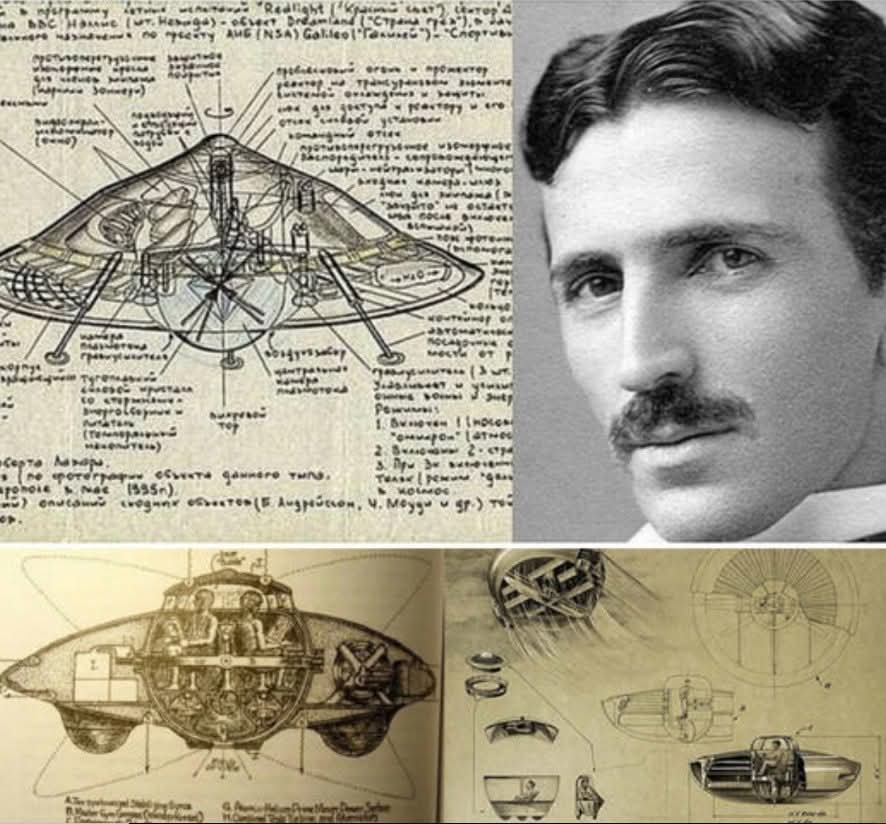
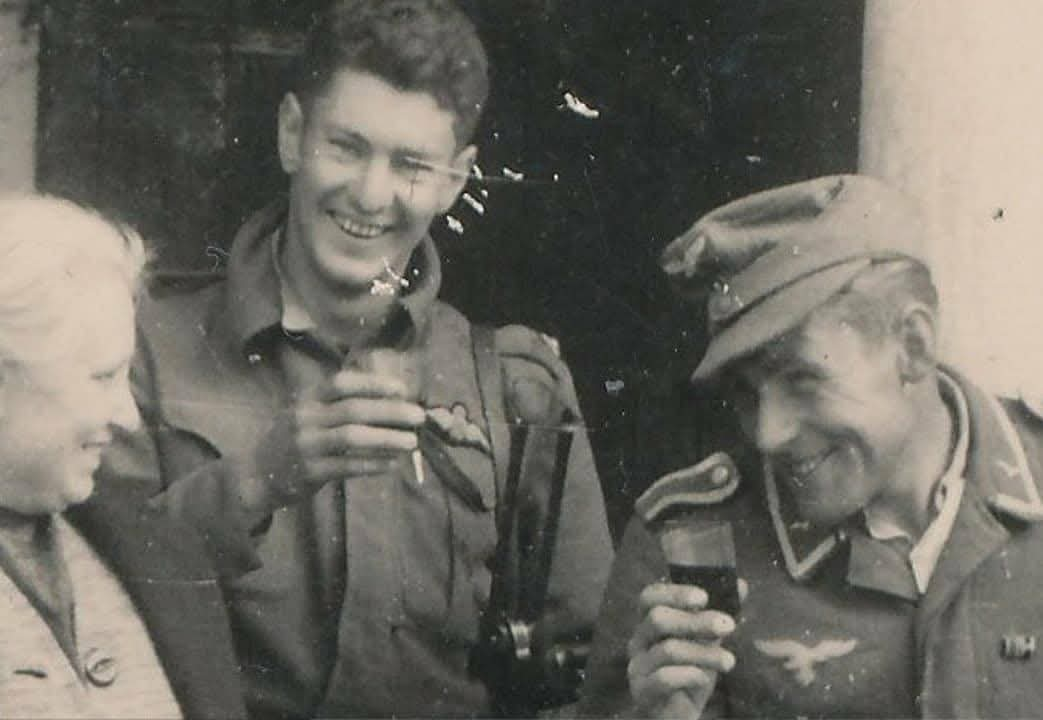


Leave a Reply